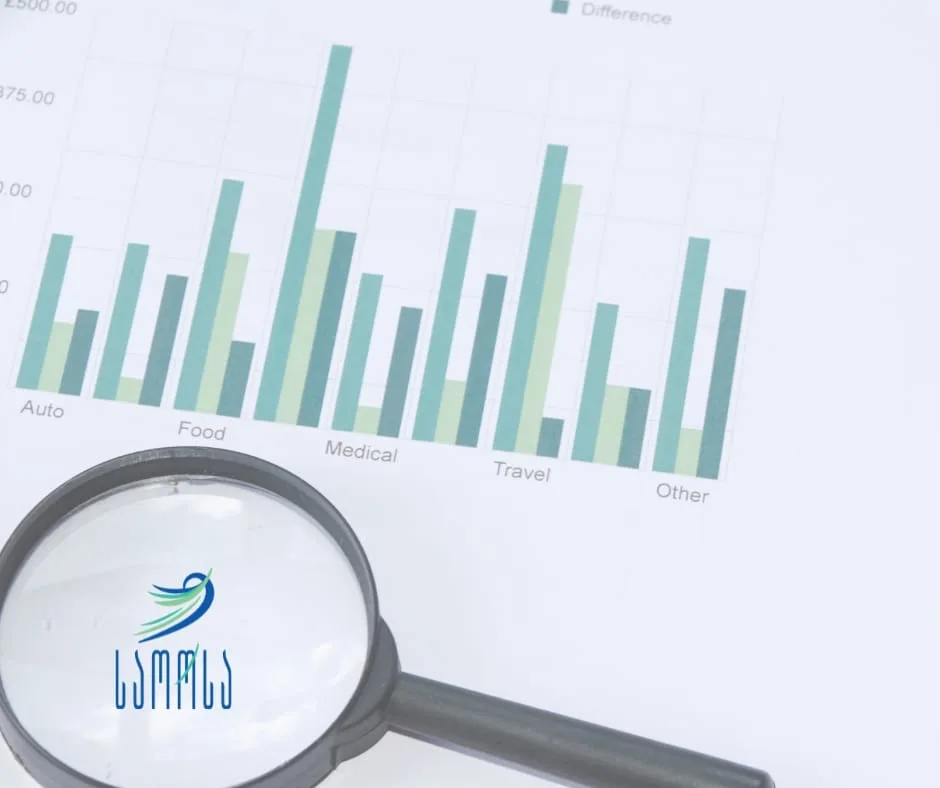Non-governmental organization "Saorsa" conducted a qualitative study with the financial support of USAID: "Study of social needs at the municipality and community level in the Adjara region". The research was carried out within the framework of the project "Promotion of entrepreneurship and political dialogue for women living in Adjara" and included five municipalities of the Adjara region: Kobuleti, Khelvachauri, Keda, Shuakhevi and Khulo.
The purpose of the research was to find out the social needs at the level of the municipality and the community, to correctly determine the strategies for solving them and to develop the corresponding budget program. A total of 53 respondents participated in the focus groups, of which 32 were female and 21 were male. It is important to note the fact that similar social needs were identified in each municipality and community.
At the municipal level, the population's concerns are the lack of transport, car emissions, streets full of stray dogs, construction of high-rise residential complexes, traffic lights and parking problems. Residents in the communities mostly cite problems related to potable water, lack of electricity in winter, lack of certain medical services, landslide prone areas, fire system, project writing skills, access to free health screenings, programs and lack of information.
One of the tasks of the research was to identify ways of solving social needs; We considered the local self-government to be the solution, with whom we aimed to achieve results through cooperation, communication and active meetings. The way to solve these problems proved to be important for the cooperative practices of the local population and the government. Within the framework of the project, the participating women learned how to turn the need of the municipality, the community into a program and through communication with the local government was able to implement it. The said research helped the public development managers selected within the framework of the project to draw up evidence-based budget programs that were presented to the mayor's offices of all five municipalities.
According to the research, we can say that the population has many social needs in their society. Their common, and different needs lead to an analysis of what problems we can identify and how we can effectively find ways to solve them. Interviews in focus groups showed the willingness of the population to be interested in their needs, that's why the respondents' involvement in the mentioned processes was significantly higher. In fact, people have seen through the research and the project how much of a force they are to bring about positive change in their communities or municipalities.
Budgetary programs
- Placement of bio toilets in 10 public spaces (Kobuleti)
- Creation of an inclusive education center (Khelvachauri)
- Improvement of outpatient clinic (Keda, Tshkomorisi community)
- Provision of gynecological and urological services to the population (Shuakhevi, Chvani community)
- Creation of a fire-rescue service in the community (Khulo, Skhalta community)
Lana Sikharulidze, Research Specialist
